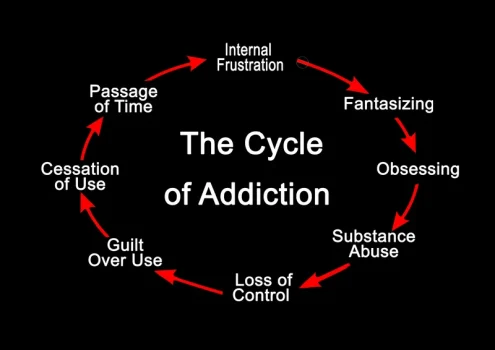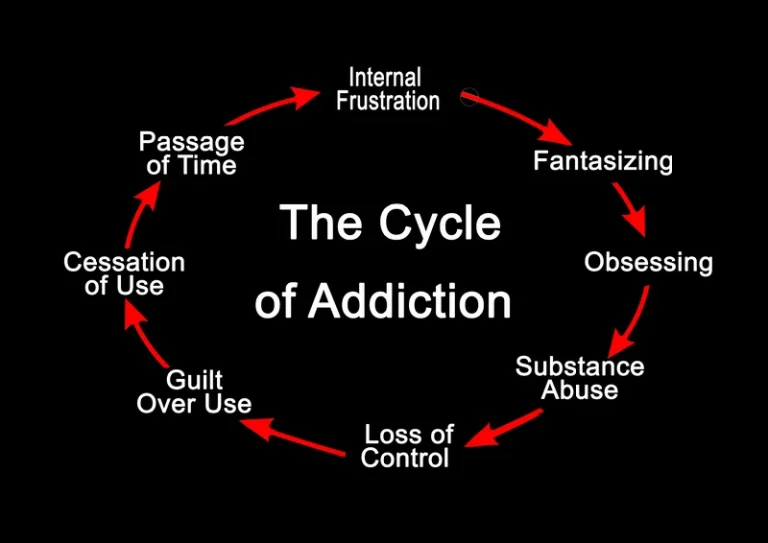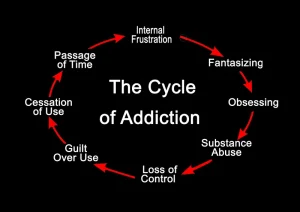
Practicing gratitude gratitude in recovery encourages individuals to appreciate the support they receive, which can help in rebuilding relationships that may have been strained due to substance use. Embracing gratitude not only aids in recovery but also highlights the importance of recognizing and appreciating both tangible and intangible aspects of life. Each step taken towards understanding gratitude can lead to a healthier and more hopeful recovery journey. Recovery centers can integrate gratitude into daily routines by encouraging practices like journaling, group appreciation exercises, and mindfulness sessions focused on thankfulness.
Scientific and Empirical Support for Gratitude in Addiction Recovery
Those suffering from addiction who enter a treatment program learn the importance of changing their perception of the world including practicing gratitude. Being grateful can motivate someone to take the actions needed to change their life. Practicing gratitude in recovery can help someone realize life’s difficulties can be faced with dignity.
Gratitude’s Role in Building Support Networks

Thankfully, nurturing a daily gratitude practice is simple, and it can be woven into your day-to-day life. It starts with a mindset shift, and a concerted effort to think more positively. Gratitude is also the antidote to negative thinking that reduces hope and happiness. People who dwell on the negative aspects in their lives almost always find it difficult to reach a state of contentment. This is not to say negative emotions should be overlooked or ignored, but obsessive or continuous negative thinking is hazardous to a healthy recovery.
- Discover how relapse meaning prevents overdose and learns strategies for effective addiction recovery and support.
- Our clinicians work with clients to ensure MAT is part of a comprehensive plan that includes behavioral therapies, counseling, and the development of positive coping mechanisms, including gratitude.
- Gratitude aligns closely with the principles of 12-step programs like Alcoholics Anonymous (AA) and Narcotics Anonymous (NA).
- This section explores different gratitude exercises and activities, as well as the benefits of cultivating gratitude through rituals.
- Gratitude is the key to finding the silver lining in a negative situation, and the thoughtful optimism and clarity that gratitude brings help keep the situation in perspective.
- Expressing thanks to friends, family, or mentors not only strengthens bonds but also enhances feelings of connection and belonging.
Embracing Gratitude for Lifelong Recovery
- There are plenty of ways to be generous each and every day, but recognizing the opportunities that come your way takes effort and attention.
- It helps individuals focus on positive things in their lives instead of dwelling on negativity.
- Each day, take some time to write down a few things you are grateful for.
- Research indicates that gratitude plays a pivotal role in recovery from addiction.
When you do this, you’ll start to unconsciously and effortlessly practice gratitude throughout the day. Now that you know what practicing gratitude is and how it can help you, here are eight easy ways to incorporate it into your recovery journey. There are many sources of inspiration one can draw on when recovering from substance abuse, and gratitude is the key that unlocks them. When you’re mired in the depths of addiction, other negative situations often come along with it. Substance abuse strains relationships, impacts personal finances, and can stymie your career, among other potential barriers to happiness. Reserve five minutes each morning to offer appreciation while you enjoy a cup of coffee, head out for an early run or even after you hit the snooze button (the first time).

Gratitude and Relationship Building
This emotional connection can lead to a productive dialogue, allowing for shared experiences in recovery, which are essential during challenging times. Gratitude allows individuals to reframe challenges as opportunities for personal growth. By acknowledging even small victories, recovering addicts can bolster their self-esteem and reinforce their commitment to sobriety.

Explaining What 12-Step Addiction Recovery Program Mean
Start each day by listing three things you’re grateful for or take some time before bed each night to reflect on your day and think about what you’re thankful for. Small changes like this can help you develop a more grateful attitude towards life and inspire you to make positive changes that benefit yourself and those around you. Using gratitude as a driving force for positive change involves consciously focusing on the things we are grateful for and using these as motivation to create positive change in our lives.

When we express gratitude in recovery, we become happier, kinder, more present, and contented people in the long run. Whether you want to learn gratitude from the big book or practice it through exercises, it can only enhance your life. Gratitude is defined as “the quality of acknowledging and being thankful for the people, experiences, and things in our life”, as well as a willingness to show appreciation for and return kindnesses. It means recognizing the blessings and goodness in our lives, even during challenging and difficult times. Gratitude is usually accompanied by feelings of joy, contentment, and humility.

Removing a dangerous substance from your everyday life is a huge step towards healthy living. Gratitude doesn’t just happen, but it can be easy to develop, just by being mindful as you move through daily drug addiction treatment life. Creating a “gratitude practice” starts with simply paying attention to good things large and small – and tools such as journals, lists or meditation can help.





